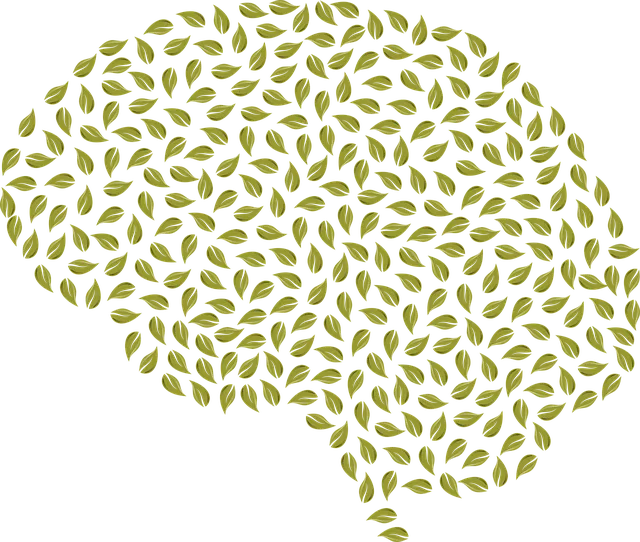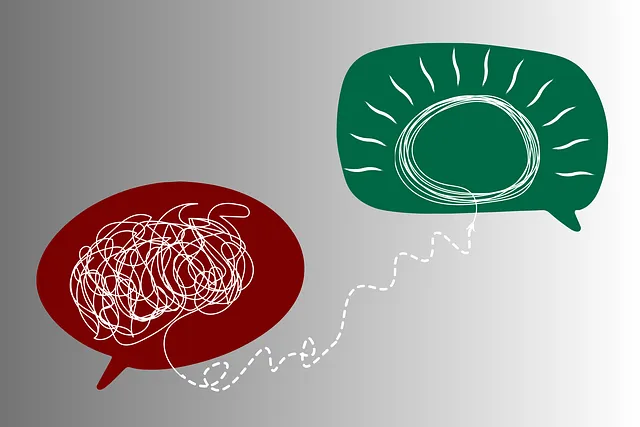Kaiser's inpatient mental health facilities in Lafayette prioritize resilience-building through the RFM framework (Resilience, Flexibility, Motivation). They integrate exercises like communication skills training and stress management workshops to enhance staff and patient coping abilities under high demand. Inpatient programs offer intensive therapeutic interventions, such as Social Skills Training and Compassion Cultivation Practices, for improved mental wellness. This proactive approach aims to create supportive communities where individuals can build resilience, manage crises, and lead fulfilling lives despite life's challenges, as evidenced by Kaiser's successful services in Lafayette.
“Explore the powerful synergy of RFM (Resilience, Flexibility, and Mobility) exercises and their role in enhancing mental health resilience. This article delves into how these practices can significantly contribute to patient recovery, especially within the context of inpatient services in Lafayette. We examine Kaiser’s innovative approach, focusing on structured exercise routines as a game-changer for improving patient outcomes. Furthermore, we provide effective strategies for integrating RFM into inpatient care, addressing the growing need for specialized mental health services in the area.”
- Understanding RFM and Its Role in Mental Health Resilience
- The Need for Inpatient Mental Health Services in Lafayette
- Kaiser's Approach to Building Resilience Through Exercises
- Effective Strategies for Enhancing Resilience in Inpatient Care
Understanding RFM and Its Role in Mental Health Resilience

Resilience is a vital component of mental health and well-being, especially in demanding professions like healthcare. RFM (Resilience, Flexibility, and Motivation) is a framework that recognizes these three elements as key factors in building resilience. Understanding RFM can significantly enhance the coping abilities of healthcare providers, such as those at Kaiser’s inpatient mental health facilities in Lafayette.
By focusing on resilience-building exercises, healthcare workers can develop effective burnout prevention strategies. These exercises often include communication skills training and stress management workshops that equip professionals with tools to navigate challenging situations. Incorporating these practices into organizational culture fosters a supportive environment, allowing staff to build mental fortitude, adapt to changes, and maintain motivation even in demanding circumstances.
The Need for Inpatient Mental Health Services in Lafayette

In Lafayette, the demand for comprehensive inpatient mental health services is evident and growing. While Kaiser and other healthcare providers offer outpatient support, there’s a distinct gap in intensive care options locally. This need arises from the increasing prevalence of mental health disorders among residents, exacerbated by the stresses of modern life and potential community-specific factors.
Addressing this shortcoming is crucial to fostering a healthier and more resilient Lafayette community. Inpatient programs provide an environment conducive to intense therapeutic interventions, allowing individuals to focus solely on their recovery without external distractions. Social Skills Training, Mental Wellness Journaling Exercise Guidance, and Compassion Cultivation Practices are but a few evidence-based strategies that can be implemented within these settings, empowering patients with lifelong coping mechanisms while enhancing overall mental wellness.
Kaiser's Approach to Building Resilience Through Exercises

At Kaiser, resilience building exercises are viewed as a vital component of overall mental health care, especially for those seeking treatment in our inpatient facilities in Lafayette. Our approach emphasizes the importance of empowering individuals to navigate life’s challenges with greater adaptability and strength. Through structured programs, we guide patients in developing coping strategies that foster mental agility and emotional endurance. These exercises aren’t just about managing crises; they are designed to enhance public awareness campaigns development by equipping individuals with tools to prevent and overcome adversity before it escalates.
By integrating Crisis Intervention Guidance into our resilience training, Kaiser ensures that patients gain practical skills for immediate application in high-stress situations. This proactive approach aligns with our broader mission of Mental Health Policy Analysis and Advocacy, aiming to create a more supportive societal environment where individuals can build and maintain resilience. Our methods are tailored to meet the unique needs of each patient, ensuring they leave our facilities equipped to lead fulfilling lives despite life’s inevitable challenges.
Effective Strategies for Enhancing Resilience in Inpatient Care

Resilience is a key component in improving patient outcomes, especially in inpatient mental health care settings like those provided by Kaiser in Lafayette. Effective strategies for enhancing resilience include integrating Mental Health Policy Analysis and Advocacy to ensure supportive environments and access to quality care. By promoting policies that advocate for early intervention and continuous support, patients can build inner strength and develop coping mechanisms to navigate challenges.
Moreover, incorporating Compassion Cultivation Practices and Inner Strength Development exercises into treatment plans has proven beneficial. These practices encourage self-awareness, empathy towards others, and a sense of purpose. Regular sessions focused on these areas can foster resilience by helping individuals manage stress, overcome adversity, and cultivate a positive outlook—all vital elements in the journey towards mental well-being.
In light of the growing need for comprehensive mental healthcare services in Lafayette, as highlighted by the presence of Kaiser’s inpatient facilities, understanding and fostering resilience through exercises like RFM is paramount. Kaiser’s innovative approach to building resilience demonstrates a crucial strategy for enhancing patient outcomes. By integrating these effective strategies into inpatient care, mental health professionals can empower individuals to navigate challenges, promote healing, and ultimately improve their overall well-being in the community.






